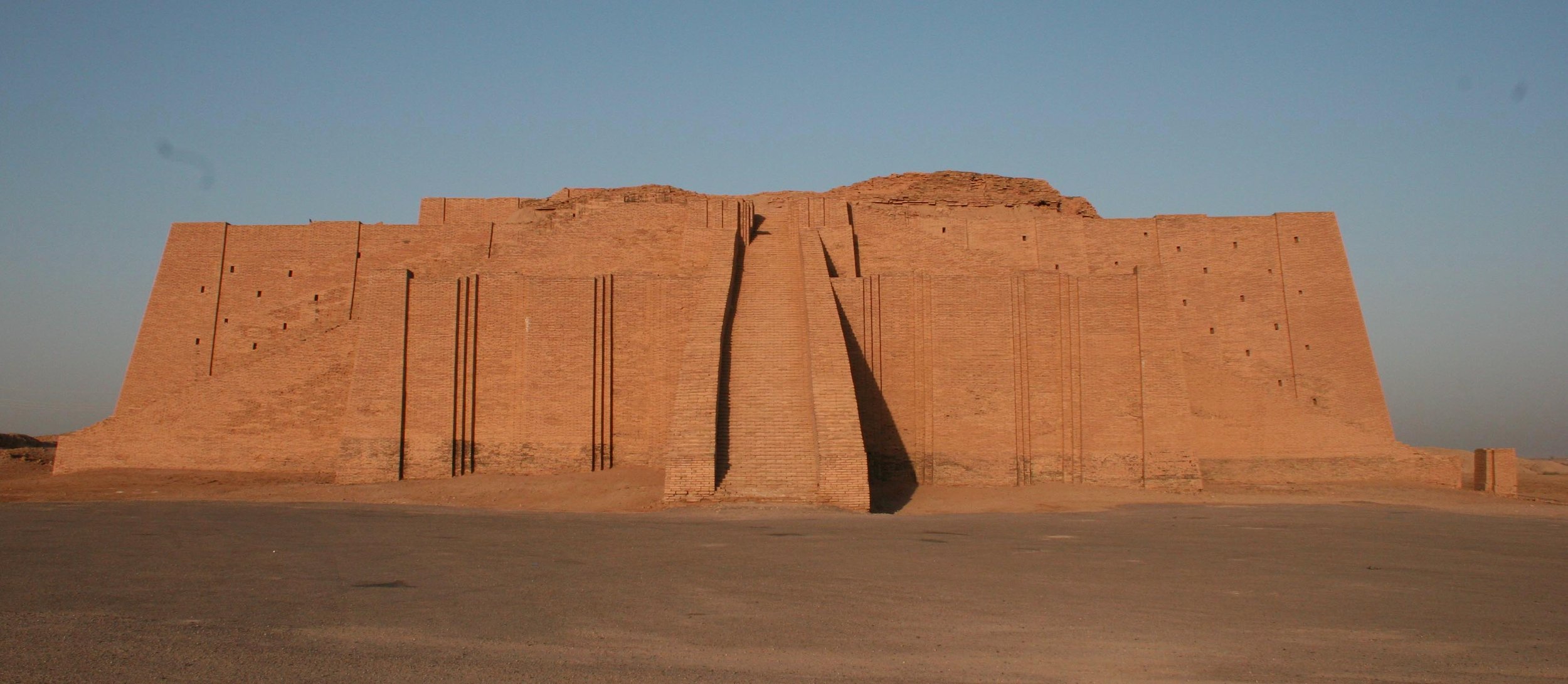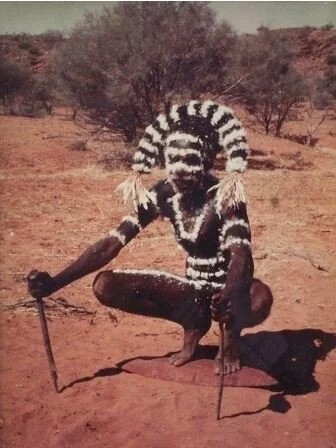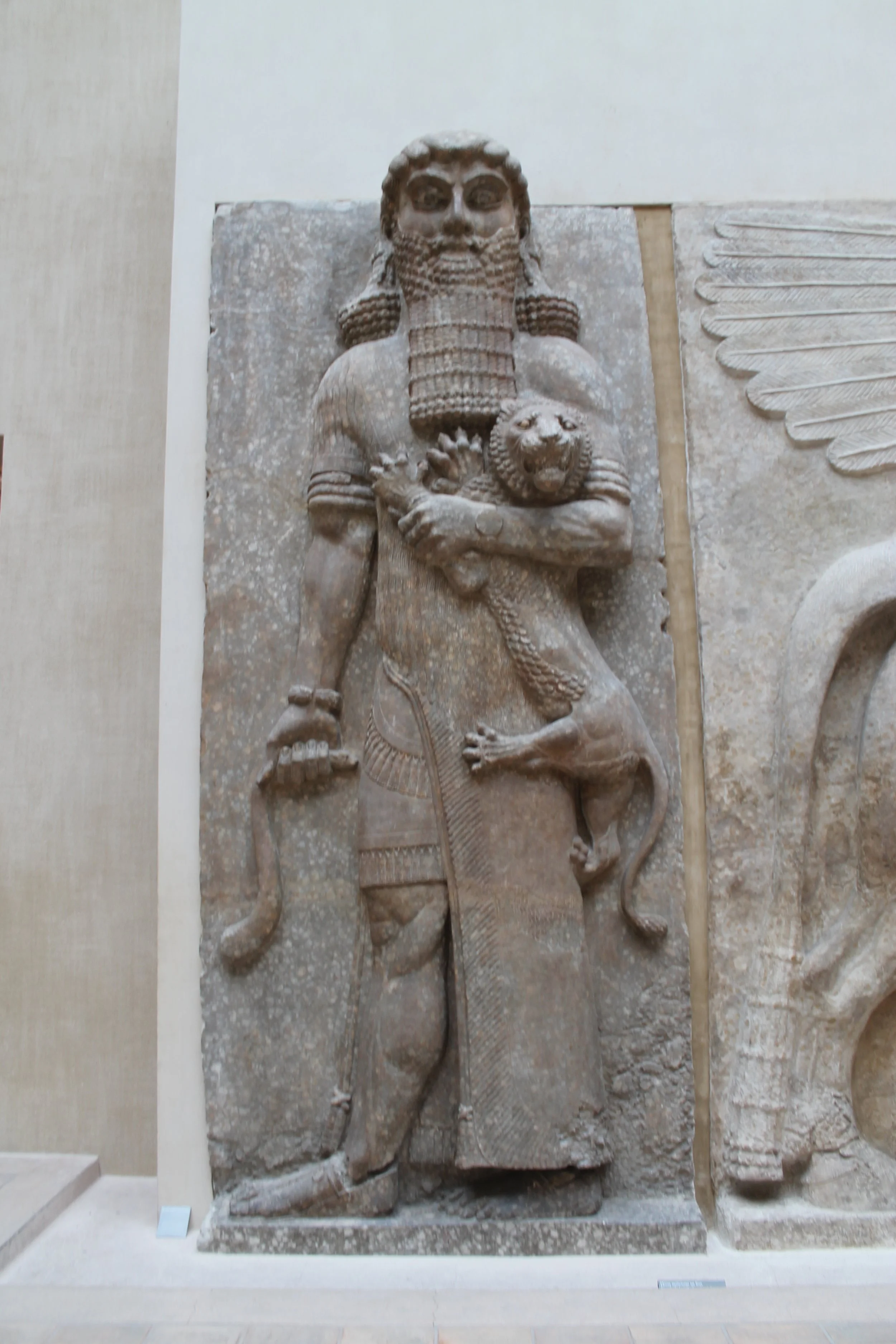The Great Journey of Growth
The French surgeon and Nobel Prize winning biologist Alexis Carrel once said “Man cannot remake himself without suffering for he is both the marble and the sculptor”. Siddhartha Gautama, also known as the Buddha, is alleged to have once said “Greater in battle than the man who would conquer a thousand-thousand men, is he who would conquer just one – himself. Better to conquer yourself than others”. When we consider the endeavours and journeys of human beings throughout history, this theme of conquering yourself and growing as a result of the journey is a common one.
One of the greatest pieces of literature ever written is the Epic of Gilgamesh, an epic poem from ancient Mesopotamia believed to have been written around four thousand years ago during the Third Dynasty of Ur. In this story, King Gilgamesh, a great a mighty warrior leader, is tamed by his intimate friendship with the primitive man Enkidu. They go on many journeys together, and in one they both face great fear and slay the monstrous demi-god Humbaba. However, later Enkidu dies and Gilgamesh is stricken with grief and so he goes on a long journey to find the secret to eternal life, eventually meeting Utnapishtim who is the man who survived the great flood. Gilgamesh does not learn how to make his own life eternal, but he does in the end come home to his City of Uruk from where he views all that he built and realises that although he will not live forever, his legacy will continue in that city. In order for Gilgamesh to learn and appreciate the legacy of his own creation, despite the inability to prevent his own physical death, he had to embark on a long journey of self-discovery.
Ziggarat of Ur
Others have noticed the importance of the journey and its effects on the spiritual growth of a human being. In the introduction of the 2005 Vintage Books edition to Bruce Chatwin’s ‘In Patagonia’, Nicholas Shakespeare said: “….the idea of the journey as a metaphor, in particular Lord Raglan’s paradigm of the young hero who sets off on a voyage and does battle with a monster. Such journeys are the meat and drink of our earliest stories”.
Many ancient tribes also practice coming of age type rituals, where adulthood is marked by the completion of a journey. For example, historically the Aboriginal Australians children when they came of age would go on a great walk about which may last up to six months duration and would cover 1,000 miles. The child would be expected to survive in the wilderness on his own and without human interaction, building his own shelters, hunting and living off the land. He would communicate with the spirit guides and discover himself, whilst singing the ancient songlines that so described the geographic landscape of their country.
Aboriginal Australian
Throughout human history it has been a core part of our make-up to explore and discover what is over that next horizon. This has led to us climbing the highest mountains, sailing the largest oceans and trekking the vast lands. We then proceeded to explore the air and sky until we had dominance over it, and then we looked towards the heavens and realised this was the next great journey that awaits us.
As human beings seeks to explore interplanetary and interstellar space, this will have an impact on our maturity as a species. These journeys are sure to be difficult, containing many successes and many failures – and those successes will be even richer because of those failures. As a society we will evolve to a new level of understanding, wisdom and maturity, and by implication give us the character we need to go even further.
As individuals involved in the endeavour to explore and colonise space, this seems like a grand adventure, much bigger than any of our single lives. Whether we are a writer of books or someone who is actually building companies and space hardware, our concentration is focussed on the same direction. Due to the nature of this endeavour, it is likely that there will be many more failures than there are successes. Indeed, although human beings among the planets may seem to be something that is in our near-term possible future, it is clear that human beings around other star systems is much further away, and this may even be centuries. Given this, why do many still work towards the goal of human beings in interstellar space? Especially given the metaphorical monsters of space radiation and other risks.
It is because we grow from the attempt, and that even a life that is closed-off with a failure in reaching for something seemingly impossible as a vision, has much more value than a life closed-off with achieving something that is merely possible and may even be mediocre as an ambition. It is in our nature to set ourselves impossible challenges, because that is how we grow as individuals and as a community. It is as the poet Alex Elle once said: “I am thankful for my struggle because without it I wouldn’t have stumbled across my strength”. The path of exploration, is the only sure way by which we can discover ourselves.
0 Likes Share
This article was originally posted on a previous web site for the asterism project on 15th Jul 2020 and it has been copied here since that site was closed down.






